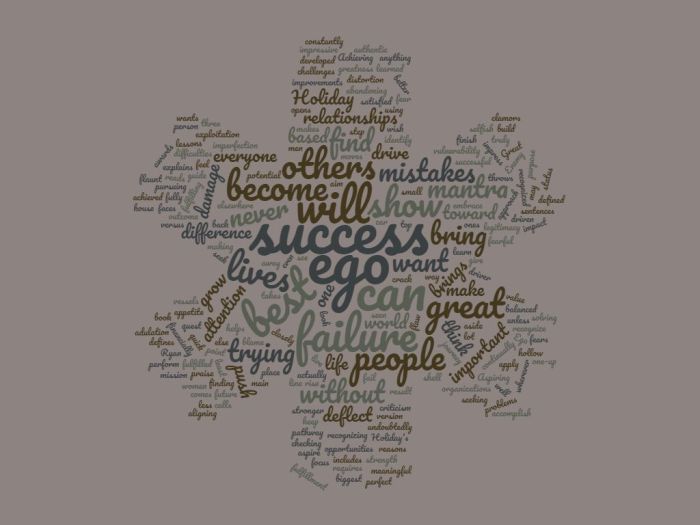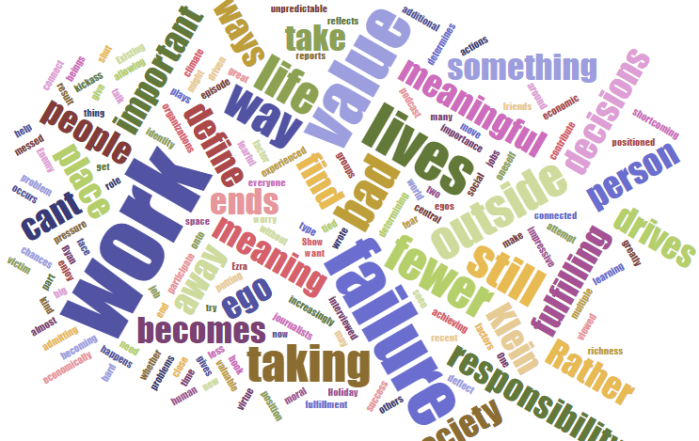My previous post was about our desires to live a life that never involves any pain or suffering. We try to build a life for ourselves and our loved ones where every moment is happy, and where we never have to engage in drudgery, never experience physical discomfort, and never face any obstacles. Today’s post looks at another related aspect of our lives and mindsets that Sam Quinones highlights in his book Dreamland as part of our current opioid crisis: excesses.
Quinones is critical of our capitalistic culture that creates a message of buying things to find happiness, fulfillment, and meaning. The marketing departments of everything from soap companies, life insurance companies, to take-out restaurants suggests that happiness is right around the corner, as long as we are willing and able to buy more of what they offer. It is owning something bigger, having more, and expanding our consumption that is branded as a good life. But as Quinones sees it, “Excess contaminated the best of America.”
I studied public policy and I spend a lot of time listening to podcasts with economists. A common idea in the world of public policy and the mind of economists is the idea of externalities, secondary consequences of policies and peoples actions. Some externalities are positive, such as people developing a sense of civic pride after participating in an election, but many externalities are negative, such as green house gasses polluting the planet as we drive to and from work. What Quinones describes with the quote above, is the reality that our drive for excesses produces negative externalities that damage our planet and ultimately ruin the lifestyle that we chase.
By always wanting more, wanting it faster, and wanting it more tailored to our specific desires to make us feel like royalty, we have put ourselves in a place that is unsustainable. Our single use plastic bags have trashed our cities and open spaces. Having our individual cars to drive to everyplace we want to go emits more pollution than a well developed public transportation infrastructure. Over-purchasing consumer goods produces more garbage that has to go someplace.
This post has simply highlighted the reality that we live with negative externalities, and that our consumer driven culture is creating externalities which poison the planet. Quinones throughout his book focuses on the idea that our culture’s excesses have fueled the opioid epidemic by turning us inward toward our own wants versus encouraging us to think of others and how we can work together as part of a community. I think he is correct, and I think the space to start in making a change is by getting people to truly reflect on their lives, their purchases, and what they pursue. As Ryan Holiday put it in Stillness is the Key, “Eventually one has to say the e-word, enough. or the world says it for you.”
The way out of our opioid crisis, and indeed the way out of so many of our problems today, is to say enough to our own selfish desires. We need to stop the negative externalities that we produce when we purely pursue our own selfish ends, and instead we need to embrace our communities and put others first, to create more positive externalities which can heal our communities and fill the empty holes that consumerism leaves inside of us.



